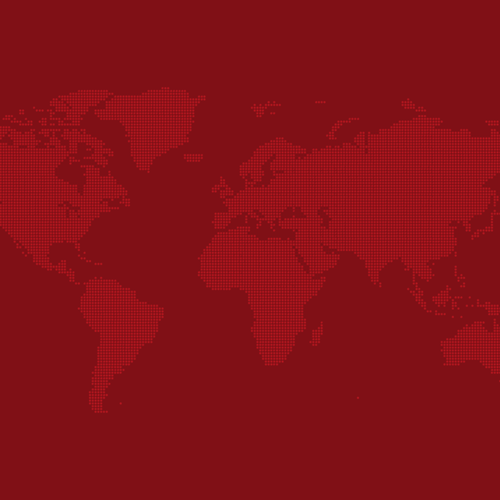Joint humanitarian NGO statement: Ukraine one year on: Highlighting the needs of displaced Ukrainians in Georgia
On the occasion of the one-year mark of the escalation of the armed conflict in Ukraine, the undersigned members of the humanitarian community in Georgia would like to highlight the needs and constraints of displaced Ukrainians in Georgia, with a view to emphasising the necessity for further support from the international community.

On the occasion of the one-year mark of the escalation of the armed conflict in Ukraine, the undersigned members of the humanitarian community in Georgia would like to highlight the needs and constraints of displaced Ukrainians in Georgia, with a view to emphasising the necessity for further support from the international community.
Overview:
Since February 24th 2022, the lives of millions of Ukrainian families have been torn apart, hundreds of thousands of people have been displaced, and many others have been sexually assaulted, injured or killed.
During this past year, more than 189,000 people from Ukraine have crossed into Georgia, many of whom are from front-line regions in the country's embattled South and East. The Georgian government responded immediately to the needs of Ukrainians coming into Georgia providing temporary accommodation and access to healthcare and education.
However, limited government resources and the current and committed donor funding support still leaves certain basic needs remaining uncovered, particularly for Ukrainians in more remote areas. Recent data shows that there are approximately 26,000 Ukrainians currently in Georgia and for the majority who are from the South and East the possibility of returning home is impossible.
Although this number of people in need of assistance is lower than in countries such as the Czech Republic, Poland, Moldova or Romania, assessments conducted in the past year show gaps in terms of basic needs and socio-economic recovery, especially for vulnerable individuals and families, such as the elderly, children, people with disabilities, single-headed households and those in hard-to-reach locations.
Ongoing needs:
Many Ukrainians are currently renting their own accommodation in Tbilisi and Batumi, some using humanitarian cash assistance to top up, but with current exorbitant prices and savings coming to an end, this will prove to be more difficult in the coming months. Food assistance was stated as one of the top needs in recent assessments. Many families are reducing food intakes to save funds for rent and utility costs. Given the number of minors as well as elderly/people with illnesses and disabilities, it is essential that basic nutritional norms are supported. As with food, access to healthcare, especially primary healthcare, is a major concern for Ukrainians in Georgia and an expense that few can afford. The government of Georgia has welcomed Ukrainian children into its education system, however, there are still many who cannot avail those educational services; either due to their remote location, their inability to understand Georgian, or their preference for online learning with schools in Ukraine. Girls and women are facing increasing risks of GBV, sexual violence and harassment, due to lack of awareness of GBV prevention/protection services. Furthermore, as many Ukrainians are not intending to leave Georgia in the near future (over half according to PIN’s recent needs assessment), there is a need for employment and entrepreneurial support to promote self-reliance.
Current challenges:
Since the end of February 2022, the Georgian government has been generous towards Ukrainians arriving in the country. Nevertheless, over the course of the year, government funding is no longer sufficient. Local CSOs, voluntary organisations and concerned businesses/individuals have provided great support and international NGOs have increased their level of assistance through multi-purpose cash assistance, legal assistance, GBV prevention and protection support for women and girls, psycho-social support, child protection and education initiatives. However, long term, committed funding is limited and not secured yet which results in fragmented and intermittent support. The increase in the cost of living and rental prices caused by the rapid influx of other migrants has led many Ukrainians to relocate to smaller towns and rural areas. This raises issues both in terms of access to services and social marginalisation in communities they are not familiar with.
We are calling on all stakeholders, including: donors, UN agencies, national government to prioritise the following:
- Increase levels of funding available for assistance to cover humanitarian needs and integration of Ukrainian refugees in Georgia;
- Include Georgia in future revisions of the inter-agency Regional Refugee Response Plan;
- Ensure inclusion of vulnerable host communities into programming.
- Strengthen current coordination efforts, ensuring humanitarian leadership amongst all actors, including local Georgian and Ukrainian CSOs (including women-led organisations), NGOs and volunteers;
- Double-down efforts to provide opportunities for early integration to ensure people can make voluntary and informed decisions about their future, including their safe, voluntary return at the appropriate time.
Contact
Salome Tarkhnishvili | Communications Officer | DRC South Caucasus | [email protected]